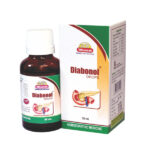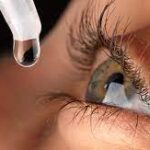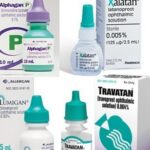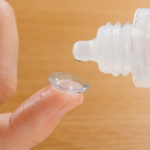Side Effects Of Prolonged Use Of Steroid Eye Drops
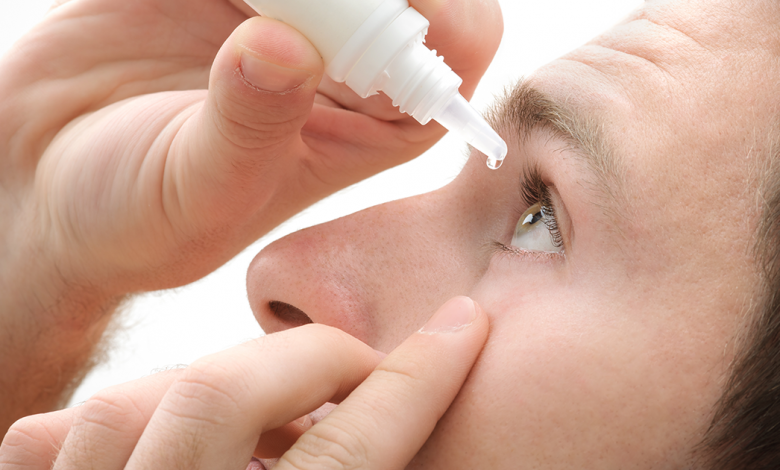
Eye medications are used to diagnose, treat and prevent eye diseases. Eye drops and ointments (salves) are the most common ways to medicate the eye. Other routes of administration are oral (tablets, capsules, liquids), intravenous, and local injections (“shots” around the eye).
The most common therapeutic uses for eye medications include glaucoma, eye infections, allergy, and inflammation (redness) of the eye. Eye drops are also used for diagnostic purposes to dilate (enlarge) the pupils or to dye the ocular surface for eye examinations. Additionally, there are anesthetic eye drops to numb the eye. These are used for some diagnostic tests or for removing foreign objects from the cornea (the clear protective outer coat of the eye).
Steroid treatment is invaluable in ophthalmology. Steroid drops are widely used in every subspecialty field to suppress inflammation and reduce scarring. Probably the most important indication for steroid eye drops is anterior uveitis, to minimize the inflammatory response within the eye and prevent its sequelae that may result in glaucoma, cataract, and blindness. Because steroids have well-recognized side effects, they tend to be reserved for progressive conditions where alternatives are less effective. However, some of the side effects result from inappropriate use of steroid eye drops.
Side effects of prolonged use of steroid eye drops
Steroid eye drops come with a long list of side effects, especially with prolonged use. However, if they are stopped abruptly, there may also be rebound inflammation. Systemic effects have long been recognized especially with chronic use or when body mass is low. (e.g. in babies or children).
Reported cases of side effects emanating from prolonged use of steroid eye drops are outlined below:
- Steroid eye drops (Dexamethasone 0.1% 4 times a day for 6 weeks) reduce plasma cortisol levels. Overt Cushing’s syndrome have also been reported in adults with diabetes and cushingoid features after longterm steroid drop use.
- Steroid drops cause Cushing’s syndrome in babies after drop treatment following lensectomy, endocrine abnormalities reversed when the drops were stopped.
- Eye drops containing Dexamethasone 0.1% used intranasally for epistaxis produced Cushing’s syndrome in 3 months in a 6-year-old girl.
- That steroid eye drops can cause a rise in intraocular pressure an IOP rise was reported in 76% of patients with known glaucoma, and 16% of volunteers with no glaucoma history after 1-2 months’ treatment with betamethasone 0.1% 4 times daily. IOP rises are reversed by stopping the steroid drops. However, continued steroid use creates optic disc and visual field damage identical with open angle glaucoma.
- Steroid eye drops should also be avoided with fungal and bacterial infections. They are believed to increase the length of time active virus is shed in the tears in viral conjunctivitis and are not recommended as first-line therapy. Steroids and Central Serous Chorio-Retinopathy (CSCR).
The most concerning potential side effects of prolonged use of steroid eye drops can be glaucoma and cataracts. Using higher-dose steroids then tapering to a lower dose is less likely to cause cataracts than taking a lower steroid dose over a longer period of time, according to the American Academy of Ophthalmology. There are some exceptions, depending on why you’re using the steroids.
Cataract symptoms can include:
• blurry vision
• colors that seem faded
• double vision
• eyelid drooping
• “halo” or blurred effect around lights
• problems with peripheral (side) vision
• problems seeing at night
Central serous chorioretinopathy
This condition doesn’t always cause symptoms. However, you could experience some blurry vision in one or both eyes. Objects may seem smaller or farther away when you look at them with the eye that’s affected. Straight lines may look twisted or misshapen.
Some glaucoma symptoms can include:
• blurry vision
• eye pain
• nausea
• problems seeing, especially in low light
• problems with peripheral (side) vision
• red eyes
• tunnel vision
• vomiting
Other side effects
In addition to eye issues, chronic steroid use can also cause a number of other side effects. These include:
• delayed wound healing
• frequent infections
• osteoporosis and bones that break more easily
• thinning skin
• weight gain.
If you have these symptoms, talk to your doctor. They may change your dosage, type of medication, or discontinue steroid eye drop use altogether.
You may find useful information on Can You Use Expired Eye Drops?

